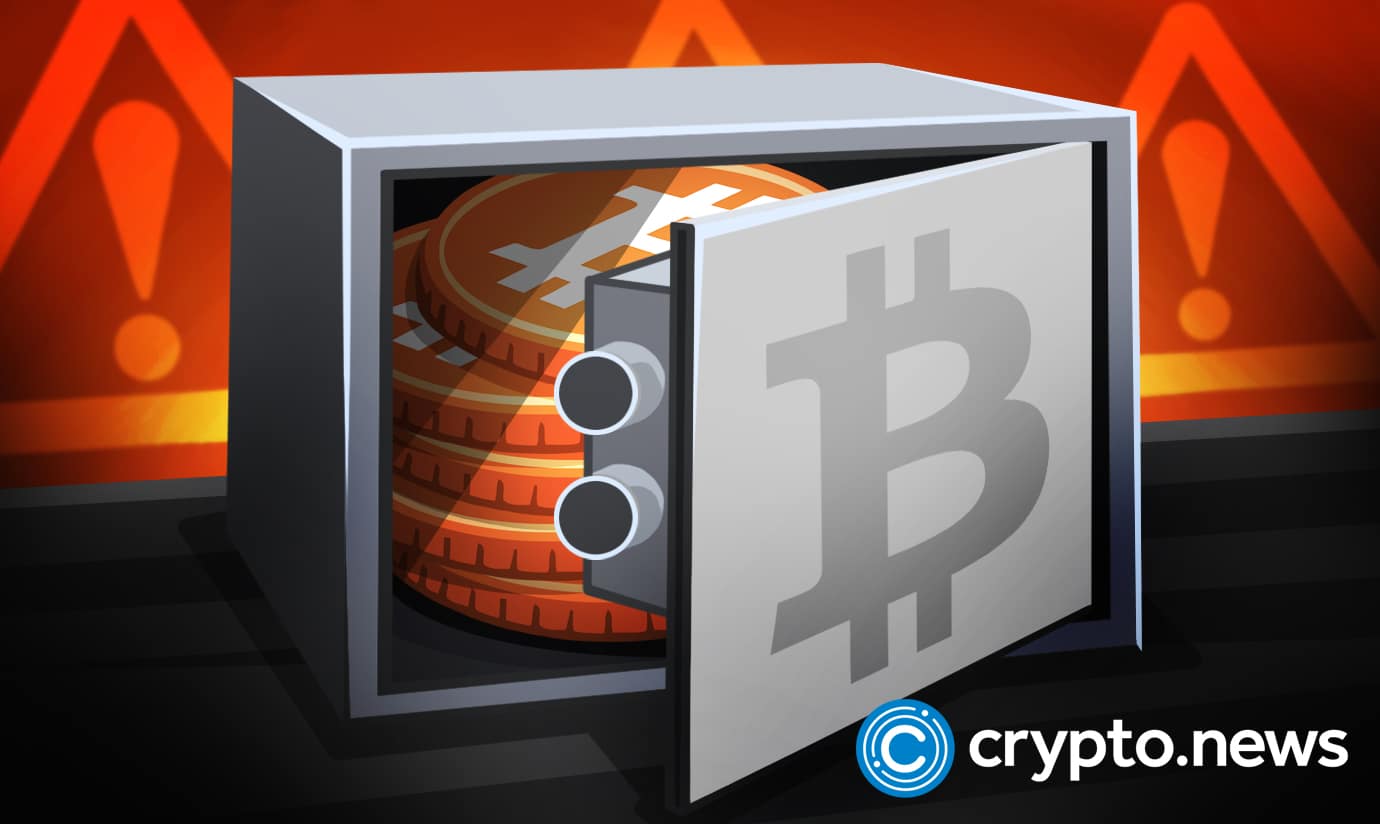Jerome H. Powell, Chair of the Board of Governors of the Federal Reserve System, said that the labor market’s strength is why lowering the inflation rate will take longer and require higher interest rates on Feb. 7.
In an interview conducted by David Rubenstein, Powell did not acknowledge whether Friday’s government report on accelerated hiring would directly impact the Federal Reserve’s decision to lower the inflation rate. The officials had approved lowering the benchmark federal funds rate to a range of 4.5% -4.75%. The Feds had raised the rates by 0.5 points in December and 0.75 points in November.
The impact of high hiring rates on the Fed’s plans
A government report released on Friday, Feb. 3, showed that the hiring rate has accelerated in January, more robust than anyone had anticipated. Mr. Powell said lowering the inflation rate to 2% would slow the Fed’s goal. He continued to note that contrary to the widespread expectation that inflation will go away, “quickly and painlessly is not the base case.” The base case is, however, that the Feds will increase the rates further and observe whether they have done enough. Powell also said that the central bank is working to restrain inflation by pursuing slow economic growth, which has gone down after hitting a 40-year-high in 2022.
The 4.5% rate increase by the Feds over the last 12 months is the fastest rate rise pace recorded since the 1980s. The Fed officials have also projected that the unemployment rate will go up to about 4.6% by the end of 2023.
In a report, the Labor Department observed that the unemployment rate fell to 3.4% after employers added 517,000 jobs in January 2023. The unemployment rate is the lowest recorded since 1969.
Powell said that the Feds would react to economic activity data. For instance, they will raise the rates higher if there are reports of higher inflation or the labor market. Powell did not give how much more data the Feds need to increase the funds-rate target, which shows that the aggressive rates increased in 2022 have yet to cool down. The January job gains will fuel more Fed debates as they show stronger economic growth.
How will Bitcoin react?
The increase in rates by the Feds will have a significant impact on the crypto markets. There is a possibility of selling pressure and lower demand in the market.
The report triggered a response from the co-founder and former CEO of BitMEX, Arthur Hayes, in his new Entrepreneur’s Handbook blog. The American entrepreneur expresses his doubts about the legitimacy of the forecasts. He also said that until the Fed pivots, the market may still face an opportunity similar to March 2020 to buy bitcoin at the bottom. However, Mr. Hayes noted that the market believes the Fed pivot is overdue as bitcoin has outperformed a flatlined USD Liquidity Index value. He stated that he would withdraw cash to buy Bitcoin, prepare for the upcoming crazy altcoin, and ultimately exit the market when TGA reaches zero as cryptocurrency is free from the central bank and global financial institutes’ manipulation.





